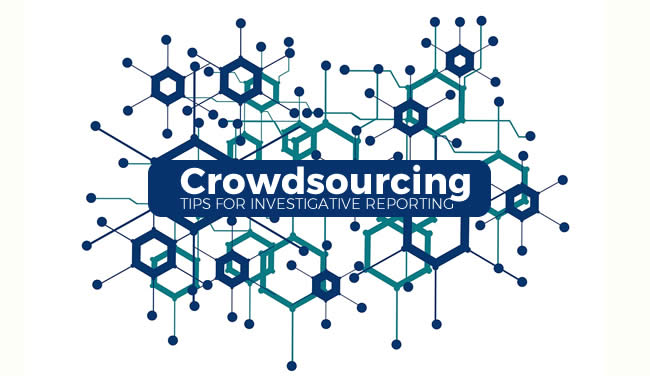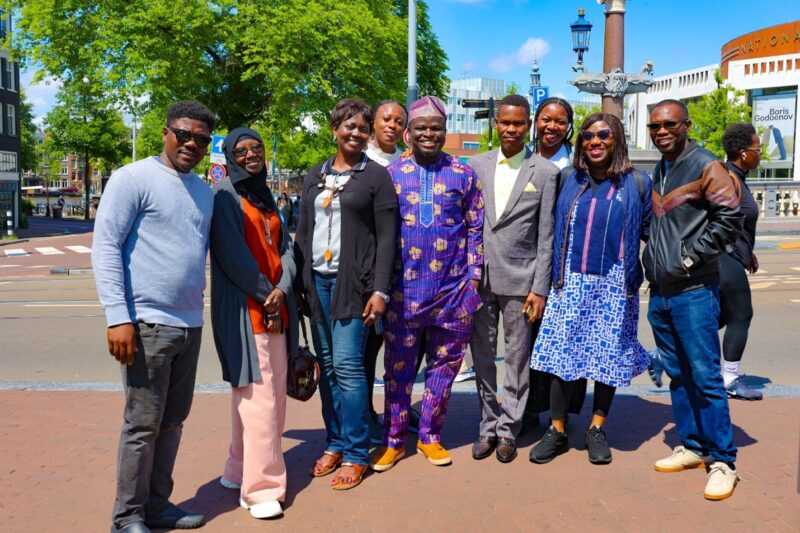The legwork of journalists has been greatly restricted this period when offices and businesses are on lockdown to slow down the spread of the coronavirus. The good news, however, is that today’s journalists work at the intersection of technology and media. This puts them in a better position to crowdsource localised information for their story, mainly by garnering inputs from readers who also want to be involved on a deeper level, by sharing their experience or documentary evidence or contributing their expertise.
The Columbia Journalism School defines crowdsourcing in journalism as the act of specifically inviting a group of people to participate in a reporting task—such as newsgathering, data collection, or analysis—through a targeted, open call for input; personal experiences; documents; or other contributions. Through crowdsourcing, great stories can be produced.
To crowdsource information as a journalist, here are a few helpful tips:
- Crowdsourcing is consensual: Merely fetching information or contents available on social media or the internet is not crowdsourcing. Crowdsourcing requires you to ask for contribution from your readers or other people who may have the information, document or expertise you need for your story.
- Define your expectations: The fact that crowdsourcing can provide you a large chunk of information, some of which you may not need, requires that you define exactly what you want; otherwise, it can be confusing.
- Choose the right platform: It is important to find out the platform that your readers use frequently and use that; this will give you a better chance of collecting sufficient information.
- Determine and carefully craft a call to action to your readers to participate in newsgathering. This can be any or a combination of these:
- Asking readers to share their experience on a particular issue or what they witnessed
- Asking readers to send in photos of events in their community.
- Asking for expert opinion on a particular issue
- Seeking tips on very defined topics
- Request for document or data
- Inviting comments after publication; this can be helpful for your follow-up report
- Verify information gathered: Consistency is one thing to look for in the information crowdsourced. You can sift out misinformation from the information received this way. Generally, exempt any information that does not add up.
The importance of crowdsourcing in investigative reporting cannot be overemphasised. Doing it right, will not only help the journalist collect the right information, document and expertise for their stories, it will also help him or her report stories that otherwise might have gone unreported.








